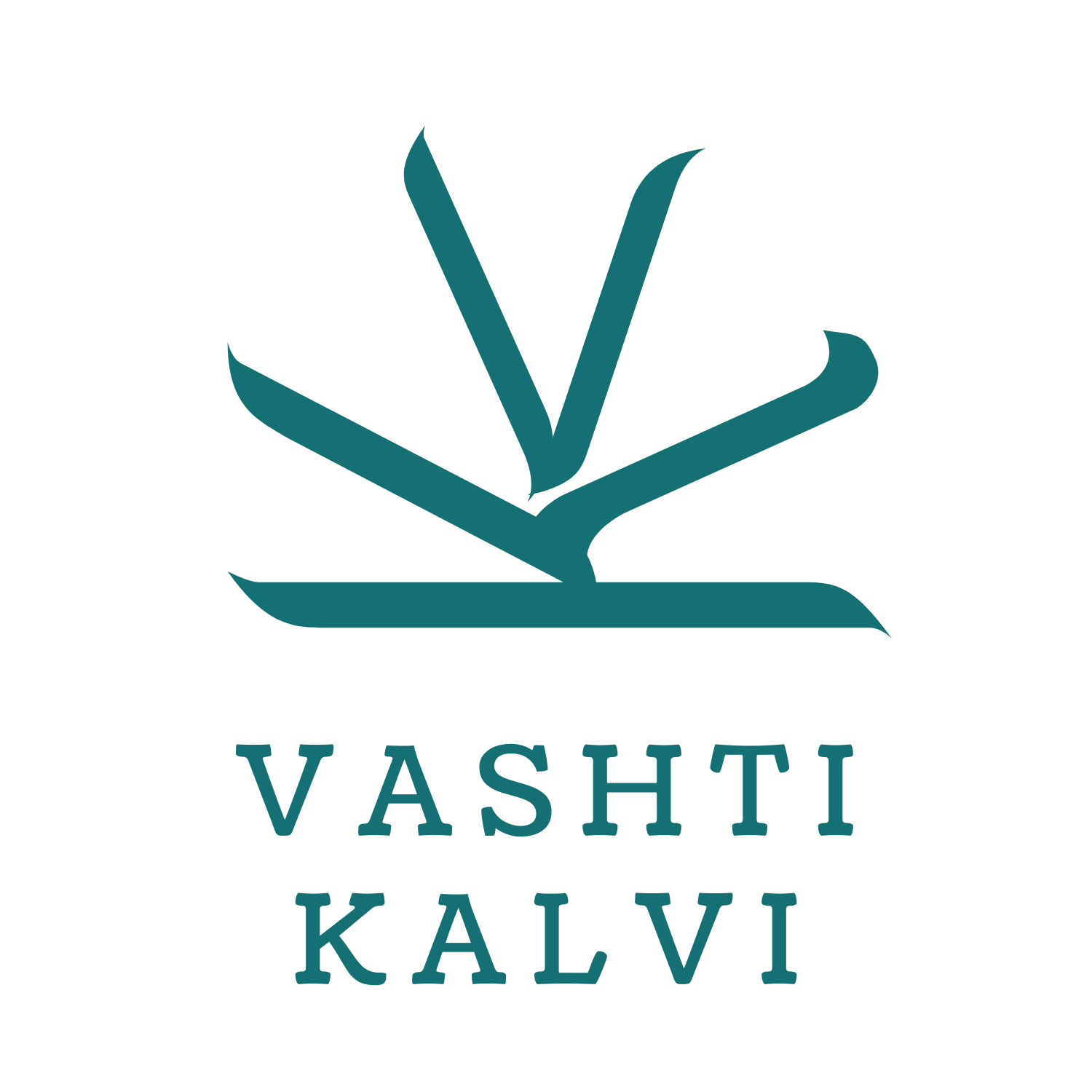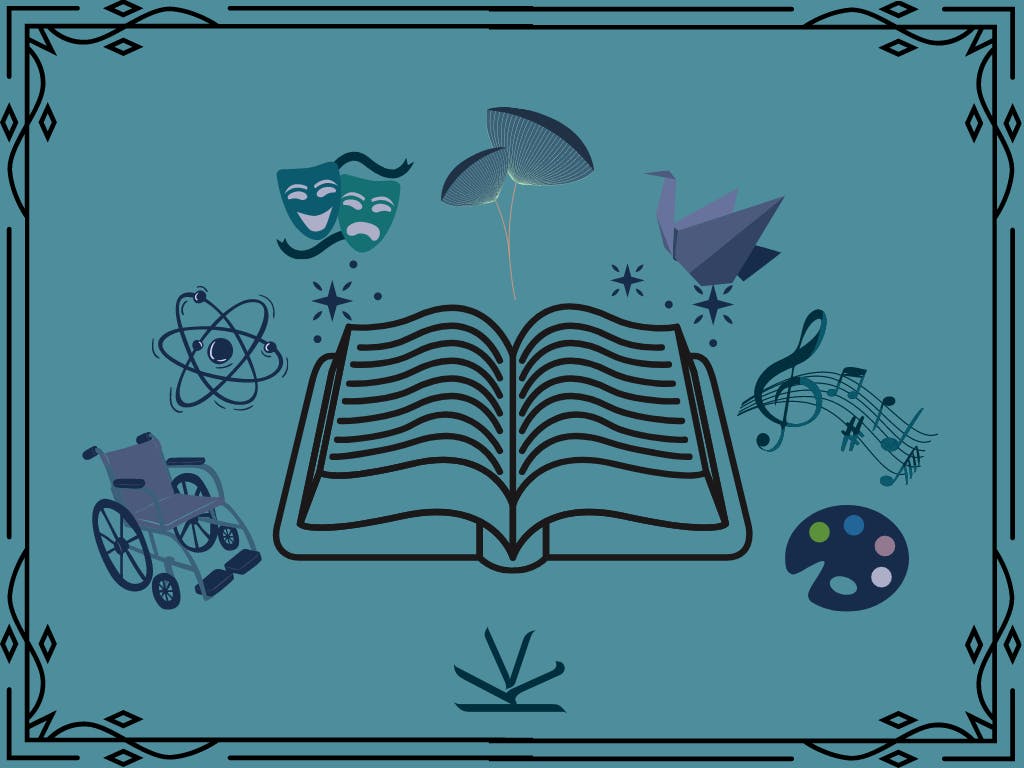
At the root of every societal issue today, is the lack of holistic education, which I see as the most sustainable way to empower people so they can create meaningful change in their communities. Holistic education involves students having access to all necessary resources, and having agency in their learning, such that they understand their connection to knowledge as interactive rather than receptive. As such, the most important educational issues of today are the inadequate appreciation and incorporation of diversity in all forms, and the lack of emphasis on student agency.
The understanding of diversity is often limited to racial and ethnic cultures, and even then, tends to avoid aspects of cultures like histories of colonization or colonialism, and contemporary racism. A more accurate understanding of diversity would include gender diversity, neurodiversity, including mental illnesses and disabilities, and class disparity. Diversity is rarely discussed or taught in terms of power, privilege and oppression. While this approach stays clear of being controversial, and making people uncomfortable, it does all students a disservice. Every aspect of a learner’s identity impacts their interaction with knowledge. A student who is accustomed to disenfranchisement outside the classroom, comes in with the understanding that knowledge and learning are commodities, they they must receive and reproduce as a necessity, while a student who is privileged and has had consistent access to resources is entitled, understanding that knowledge and learning are interactional and require engagement and critical thinking.
While scholarship in pedagogy comes from people who have been students, particularly at the primary school level, educational institutes rarely take the voices of students into account in ways that are consistent or meaningful. I worked in a school that prided itself on being data-driven. Tests were marked, and heavily mined for data that indicated which questions were answered incorrectly most often, what skills those questions drew on, and what were the most common incorrect responses. This was an effective strategy to determine what we needed to teach more, but it told us nothing about how we needed to teach. When I suggested asking the students for input, my teammates laughed, genuinely thinking I was joking. I appreciate that it seems implausible that a kindergartener will have useful feedback to improve curriculum or pedagogy. That said, apart from it being hasty to write off that possibility, it is wildly irresponsible as educators to not ensure that students take agency in their learning. While their personal experiences of oppression and disenfranchisement can cause students to distance themselves from the learning process, being asked to contribute, and having their ideas and opinions be received with respect can make students take responsibility for their learning in meaningful ways.
I work to address both these issues in how I interact with students, how I manage the class, and the content of what I teach. I make sure the classroom is a respectful environment, where students are taught to work with each other in constructive ways, regardless of their personal differences. I make sure to offer choices, and incorporate their opinions on what they want to focus on in a lesson, and how they will approach an assignment. Wherever possible, I speak to them about issues of social justice, and require that they think about these issues on their own, in writing, and in discussions. I am aware of how limited my scope is, and that the environment I’m creating in the classroom is far more sheltered than outside, but in my ideals, a holistic education equips students with models of how the world could be, and the confidence that it can be achieved if initiative is taken.
*This piece was written as a timed response (I was given an hour), as part of the hiring process for my previous job.

